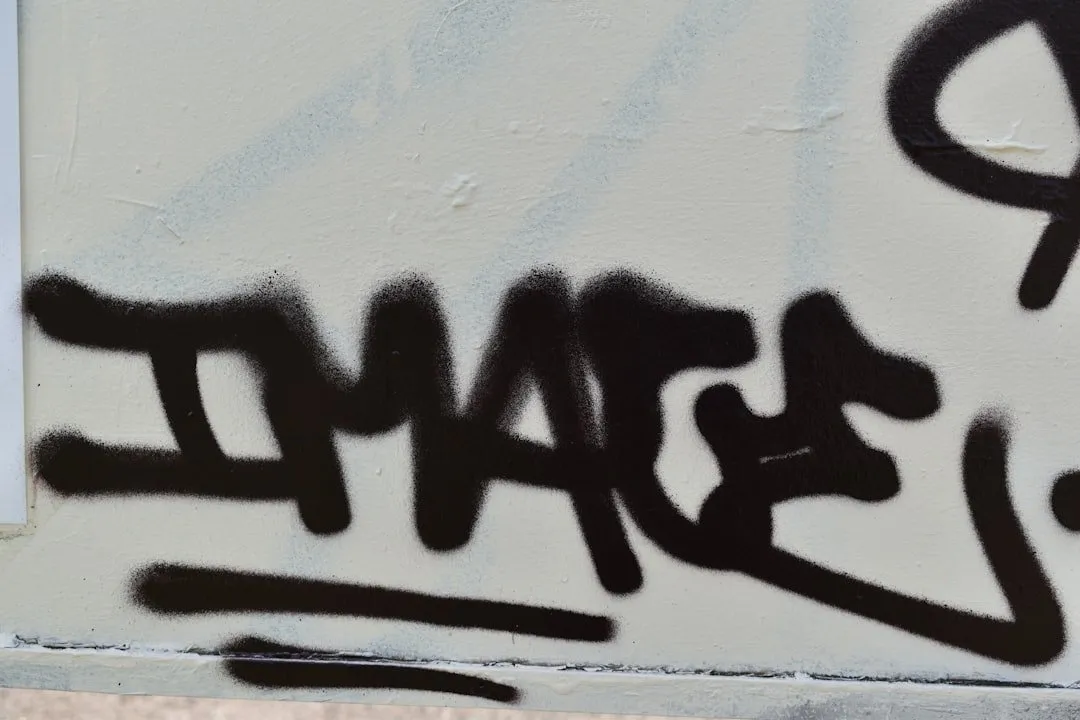Kratom, an herbal supplement derived from Mitragyna speciosa leaves, has gained attention as a natural alternative for addiction treatment. Despite its historical use and potential benefits, Mississippi's 2023 kratom ban reflects a broader trend in regulating complementary medicine. Advocates support the ban due to health risks and misuse potential, while critics argue it limits access to an effective opioid addiction treatment. The debate highlights the complexity of balancing traditional uses, scientific evidence, and concerns over unregulated distribution. Responsible use under professional supervision is crucial; kratom aids withdrawal management but isn't a cure, and should be integrated into comprehensive rehabilitation programs for optimal long-term recovery.
In 2023, the recent kratom ban in Mississippi has sparked debate about natural addiction treatment options. This article explores kratom as a potential alternative for managing substance use disorders, delving into its history as a holistic remedy and the scientific evidence supporting its effectiveness. We’ll navigate the controversy surrounding the ban, discussing responsible and safe kratom usage within the context of addiction recovery.
- Kratom: A Natural Alternative for Addiction Treatment
- The Recent Kratom Ban in Mississippi: Implication and Controversy
- Navigating Recovery: Using Kratom Responsibly and Safely
Kratom: A Natural Alternative for Addiction Treatment

Kratom, derived from the leaves of the Mitragyna speciosa plant, has gained attention as a natural alternative for addiction treatment and recovery. Often praised for its potential to alleviate withdrawal symptoms and reduce cravings, kratom is seen as a promising option for those seeking to break free from substance dependencies. In recent years, however, states like Mississippi have implemented a kratom ban in 2023, reflecting the ongoing debate surrounding its safety and efficacy.
This herbal supplement has been used for centuries in Southeast Asia for various purposes, including pain management and mood enhancement. With its unique chemical composition, kratom interacts with opioid receptors in the brain, offering a soothing effect without the same level of addiction risk associated with prescription opioids. As an alternative treatment approach, it provides a natural support system for individuals navigating the complexities of addiction recovery.
The Recent Kratom Ban in Mississippi: Implication and Controversy

In 2023, Mississippi joined a growing list of states by implementing a complete ban on kratom, a natural herb often used for its potential pain-relieving and mood-enhancing properties, particularly in addiction recovery. This sudden move has sparked significant controversy within the medical and addiction treatment communities. Advocates for the ban cite public health concerns and the risk of misuse, while critics argue that it limits access to an alternative treatment option for those struggling with opioid addiction and other chronic pain conditions.
The kratom ban in Mississippi reflects a broader national debate about the regulation of complementary and alternative medicine. Proponents of the herb highlight its traditional use in Southeast Asia and scientific studies suggesting its therapeutic benefits, especially in mitigating withdrawal symptoms and cravings during substance abuse recovery. Conversely, opponents worry about unregulated distribution and potential overdose risks associated with kratom products, which can vary widely in potency and purity. This debate continues to shape public policy and access to alternative addiction treatment methods across the country.
Navigating Recovery: Using Kratom Responsibly and Safely

Navigating recovery from addiction can be a complex and challenging journey, but for many, Kratom has emerged as a potential tool to assist in this process. This herb, known scientifically as Mitragyna speciosa, has gained attention for its psychoactive properties and potential benefits in managing withdrawal symptoms. However, it’s crucial to approach Kratom use responsibly and safely within the context of addiction treatment.
In 2023, despite ongoing debates about its therapeutic potential, there have been discussions of a Kratom ban in Mississippi, highlighting the importance of regulated access and guidance. Using Kratom for recovery should be done under professional supervision, as dosages and forms vary, and individual responses differ. It’s essential to understand that while Kratom may provide relief from cravings and anxiety, it is not a cure for addiction. Responsible use involves combining it with comprehensive rehabilitation programs, therapy, and support groups for optimal results and long-term recovery success.
Kratom has emerged as a natural alternative for addiction treatment, but its recent ban in Mississippi in 2023 highlights the importance of responsible and safe usage. While debates rage on, those navigating recovery must prioritize their health and well-being. By understanding kratom’s potential benefits and risks, individuals can make informed decisions, ensuring a safer journey towards long-term recovery.














